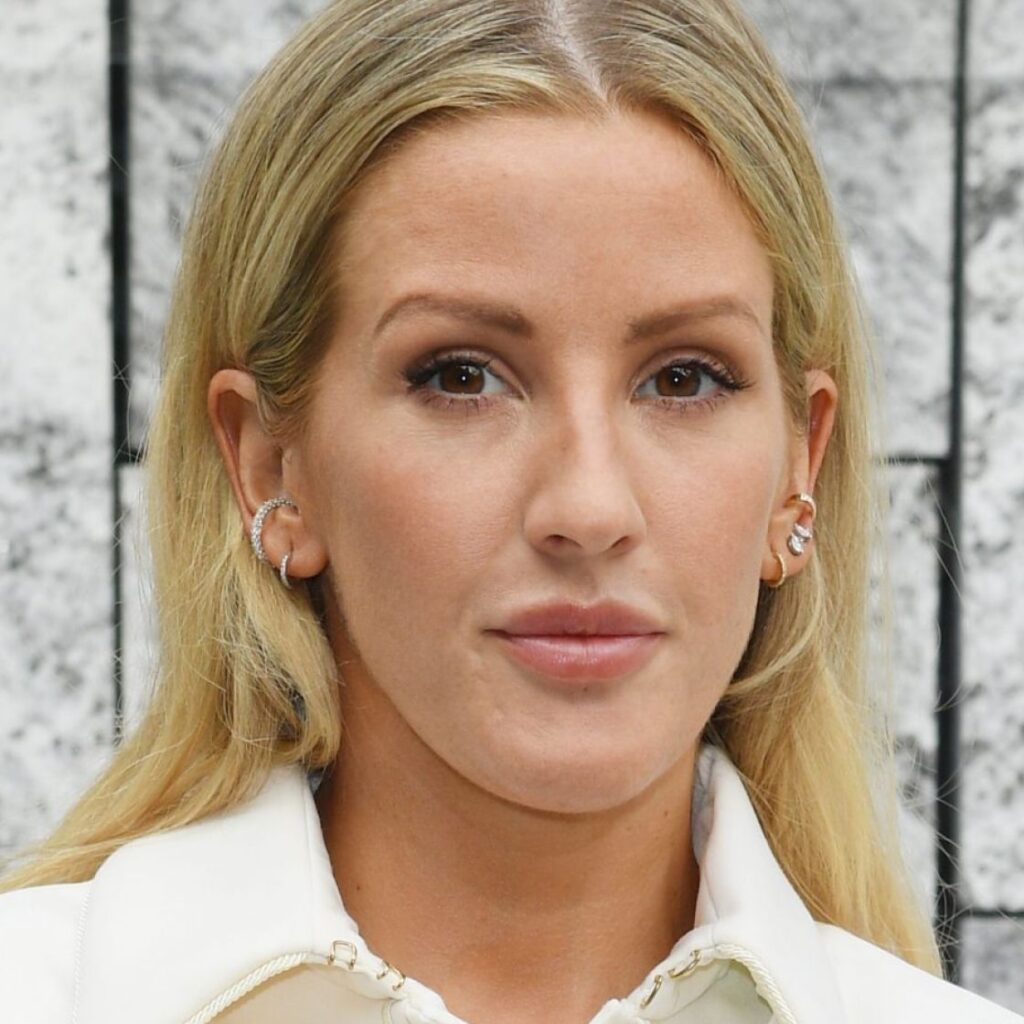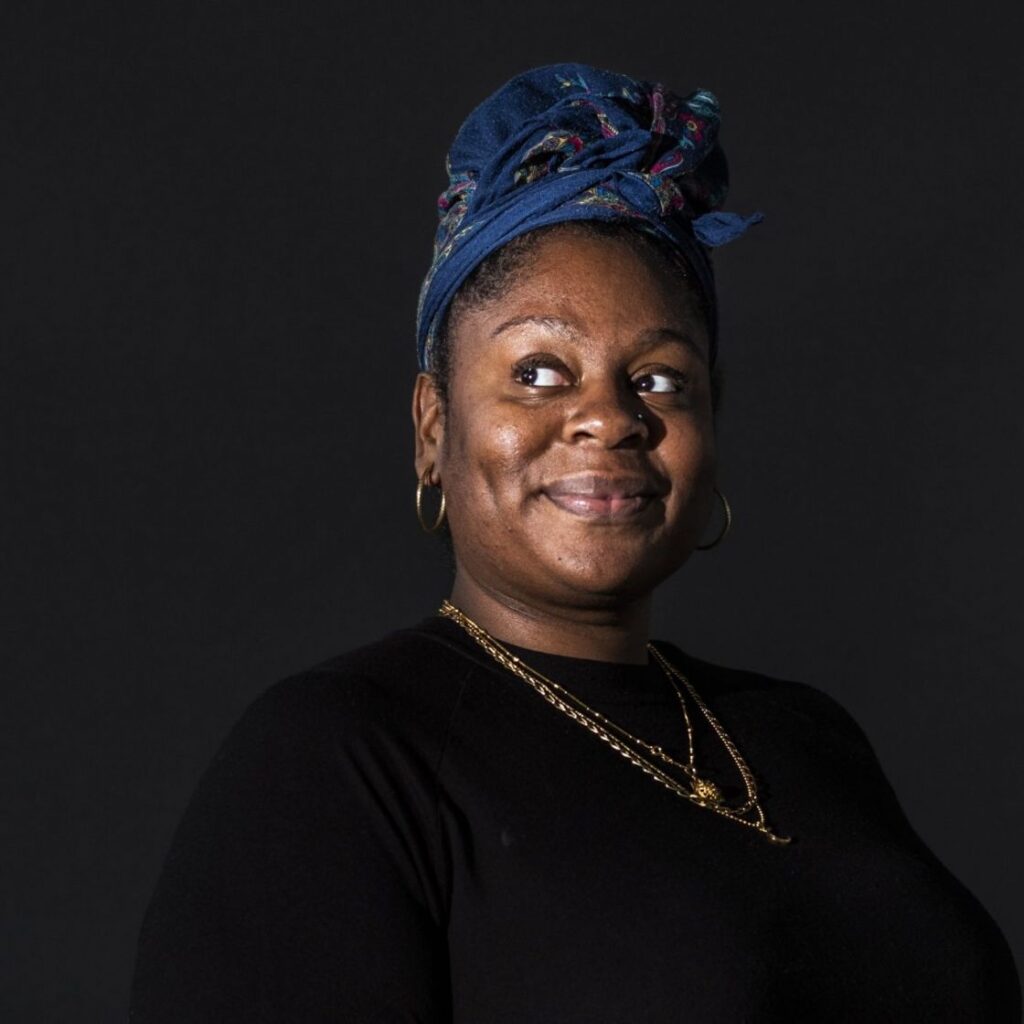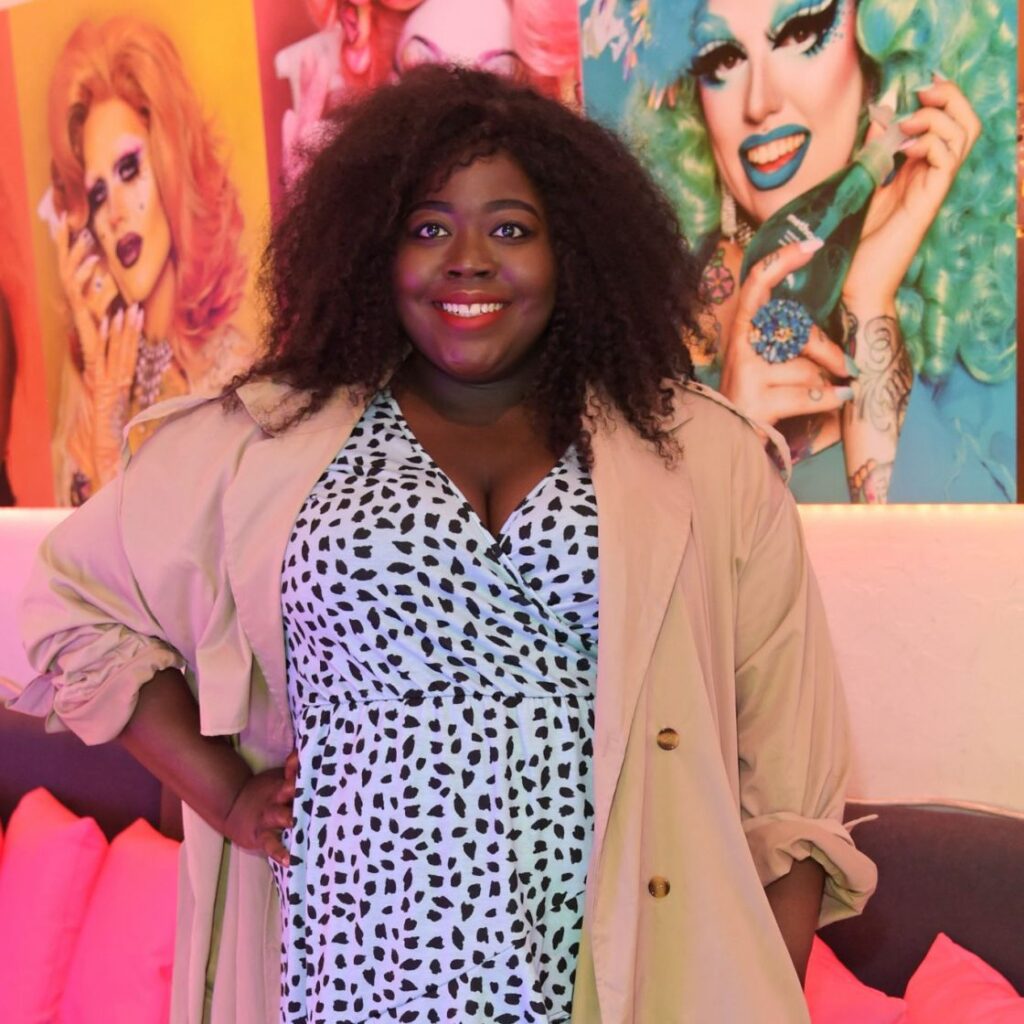People who struggle with imposter syndrome believe that they are undeserving of their achievements and the high esteem in which they are, in fact, generally held. They feel that they aren’t as competent or intelligent as others might think—and that soon enough, people will discover the truth about them. Those with imposter syndrome—which is not an official diagnosis—are often well accomplished; they may hold high office or have numerous academic degrees.
Personality traits largely drive imposter syndrome: Those who experience it struggle with self-efficacy, perfectionism, and neuroticism. Imposter syndrome can be closely related to perfectionism, in which people feel pressure to perform at their absolute best 100 percent of the time, and when they don’t, they feel incompetent and anxious. It’s helpful, although difficult, for people to change the way they view perfection to combat imposter syndrome. Competitive environments can also lay the groundwork. For example, many people who go on to develop feelings of impostorism faced intense pressure about academic achievement from their parents in childhood.
Around 25 to 30 percent of high achievers may suffer from imposter syndrome. And around 70 percent of adults may experience impostorism at least once in their lifetime, research suggests.
Calling attention to one’s success, ironically, can unleash feelings of imposter syndrome. This could occur when receiving an award, passing an exam, or being promoted. Failure after a string of successes can also cause someone to critique and question their overall aptitude.
Imposter syndrome is not an official psychiatric diagnosis in the DSM. People with imposter syndrome may struggle with other mental health conditions, such as anxiety or depression, but an individual couldn’t be diagnosed as having imposter syndrome.
Imposter syndrome was first documented in high-achieving women in the 1970s. While imposter syndrome is still more prevalent among women, and specifically women of color, men are also susceptible to developing this mindset.





“You never have to ask anyone permission to lead,” Harris told her. “I want you to remember that. OK? When you want to lead, you lead.”


“Each time I write a book, every time I face that yellow pad, the challenge is so great,” Angelou said. “I have written eleven books, but each time I think, ‘Uh oh, they’re going to find out now. I’ve run a game on everybody and they’re going to find me out.”


“Today I feel much like I did when I came to Harvard Yard as a freshman in 1999,” she told the students who had gathered to listen to her. “I felt like there had been some mistake, that I wasn’t smart enough to be in this company, and that every time I opened my mouth I would have to prove that I wasn’t just a dumb actress.”

“I feel every time I’m making a movie, I feel like if it was my first movie,” she explained. “Every time I have the same fear that I’m gonna be fired. And I’m not joking. Every movie, the first week, I always feel that they could fire me!”

“Anytime I get a lovely comment on my social media channels or my blog, I store it away by putting it in a file on my laptop,” she explained. “So that any time impostor syndrome starts to creep in and I feel like a fraud, I just go into that folder and read all of the lovely comments that people have said about me.”

“I think it comes from not having a background of formal training, you know, in the beginning,” Pfeiffer said. “And I think when I started out, a lot of actors were coming out of Juilliard and I was just this young person from Orange County, kind of just getting by on my instincts purely and I think, for the longest time, I felt like it wasn’t really enough and maybe didn’t give me the credibility and maybe because I had to find my technique as I went along. That I didn’t sort of start from a real secure place.”